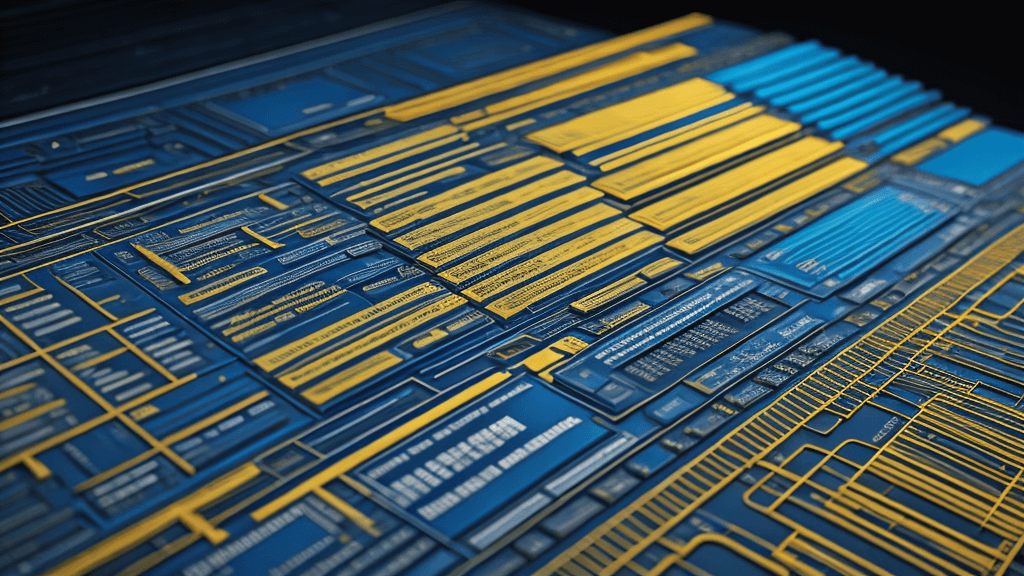Decoding SaaS Hosting: A Guide to Choosing the Perfect Solution for Your Business
StartupsSean Wilkins · Dec 20, 2023 · 4 minute read

You’ve done all the groundwork. You’ve worked out the core features and functionalities, conducted thorough testing, and your customer support is already in place. Congrats – you are now ready to launch your SaaS product. The next major step in your launch plan is to determine the best hosting service for your needs. A quality SaaS hosting service is crucial for reliability, accessibility, and cost management for your tool. Here’s a list of 11 features that set SaaS hosting providers apart from each other.
11 Determining Factors for SaaS Hosting Solutions
- Performance and Uptime: Everyone’s goal is consistently accessible applications. This is measured using uptime – how much time your service is up and running. High uptime is the key to keeping users happy. If your service is always timing out, it can destroy productivity and cost you business. Fun fact: performance can even affect your site’s SEO ranking, because search algorithms favor websites with faster load times and higher availability.
- Reliability and Service Consistency: Reliability in SaaS hosting includes maintaining optimal application performance during high-traffic periods and ensuring minimal service interruptions or downtimes. Reliable SaaS hosting means traffic spikes and varying load conditions are effectively managed, ensuring a smooth, uninterrupted service experience.
- Scalability and Flexibility: Scalability is indispensable so your SaaS can “go with the flow,” expanding resources during high-usage periods and scaling back during slower times. This flexibility is a superhero power for businesses dealing with growth spurts, seasons, or unpredictable user traffic patterns. A scalable solution ensures the hosting infrastructure can accommodate growth and change without costly and time-consuming infrastructure overhauls.
- Robust Security Measures: Strong security is non-negotiable for any SaaS hosting solution. Security measures should include data encryption, advanced firewalls, intrusion detection and prevention systems, and regular security audits. Compliance with industry standards and regulations like the General Data Protection Regulation (GDPR) and the Health Insurance Portability and Accountability Act (HIPAA) is not only a best practice but often a legal requirement.
- Comprehensive Customer Support: When choosing a SaaS hosting service, customer support should be a major factor in the decision. Look for comprehensive, round-the-clock support to resolve issues efficiently and effectively. The quality of customer support is reflected in the provider’s responsiveness, technical expertise, and problem-solving capabilities. This can prevent small issues from turning into big headaches.
- Cost-Effectiveness and Pricing Transparency: While cost is a significant factor in selecting a SaaS hosting solution, it should be evaluated regarding the overall value offered. You want a solution with pricing that’s crystal clear – no surprise charges lurking in the shadows. Consider everything – the initial price and any additional costs for services, resources, or scaling up.
- Infrastructure Quality and Technological Advancements: The quality of a provider’s infrastructure is the main cornerstone of its offering. You want to look for advanced hardware, strategic data center locations, system scalability, redundancy features, and a commitment to energy-efficient and sustainable practices. High-quality infrastructure ensures efficient data and traffic handling, reduced latency, and scalability.
- Robust Backup and Disaster Recovery Capabilities: Play it safe with your data. A comprehensive strategy is key for ensuring business continuity. Important considerations include the frequency and reliability of backups, the comprehensiveness of disaster recovery plans, and alignment with legal and business requirements.
- Compliance and Certification Standards: A provider’s compliance with industry standards and certifications is a testament to their commitment to security and operational excellence. Providers should meet relevant standards like GDPR and HIPAA, and hold certifications such as ISO 27001. A serious provider will conduct regular audits to maintain high security and operational standards.
- Customization Options and Control Over Hosting Environment: Customization and control are crucial for meeting your specific business requirements. Providers should offer various options, including choices in operating systems, software configurations, and resource allocation. The level of control and access provided to businesses is also essential.
- User Reviews and Feedback: User reviews and testimonials are valuable insight into a provider’s service quality and reliability. They offer perspectives on customer satisfaction, service consistency, and the provider’s ability to meet the needs of similar businesses.
Conclusion
Selecting the right SaaS hosting solution is a strategic decision that will have a significant impact on your application’s performance, scalability, and user experience. It’s not just about making sure your app runs smoothly; it’s about setting the stage for growth and a top-notch user experience. So when you take on this decision-making process, look for a partner that’s on the same page as your business goals and is ready to grow with you.
